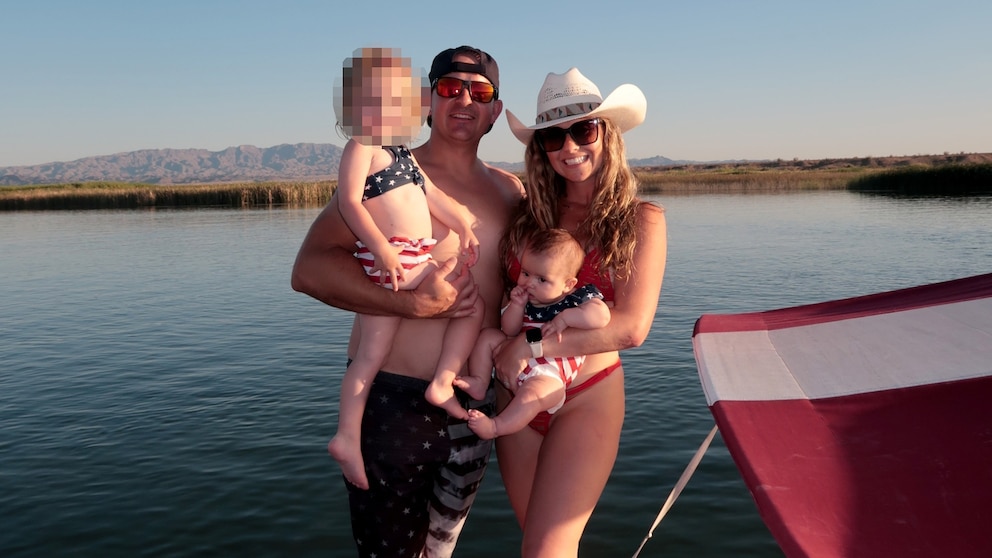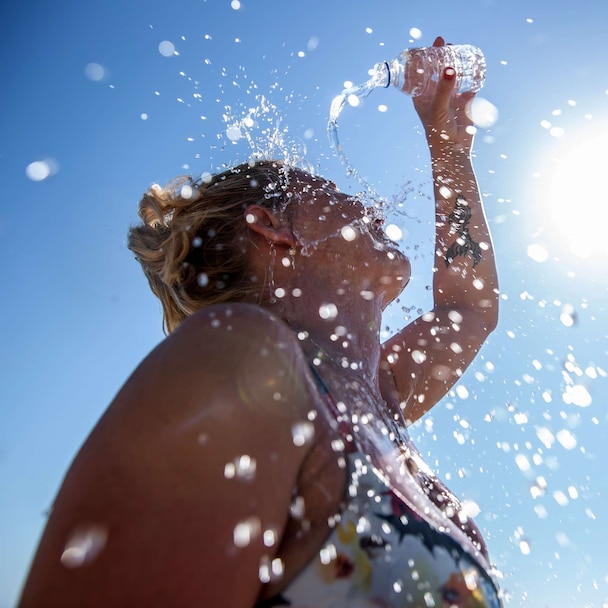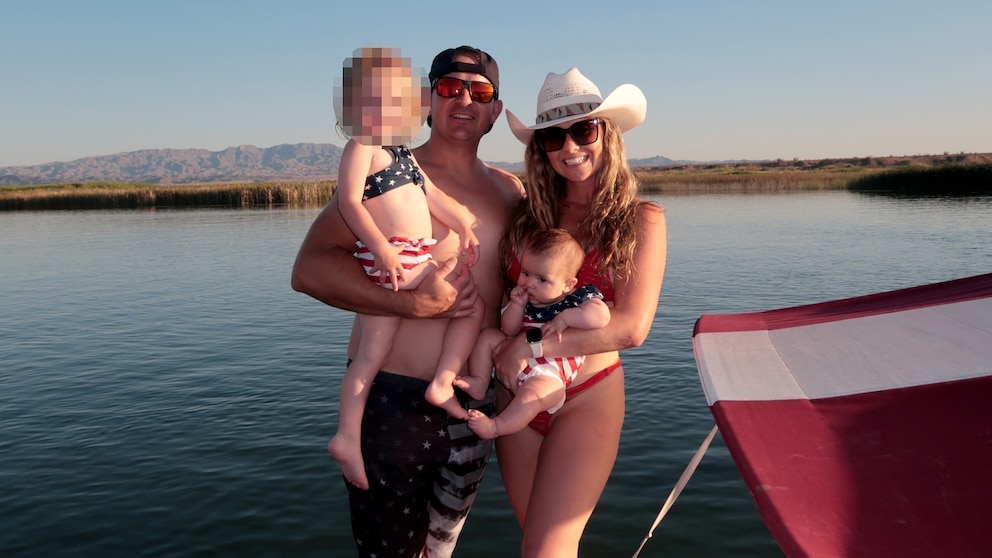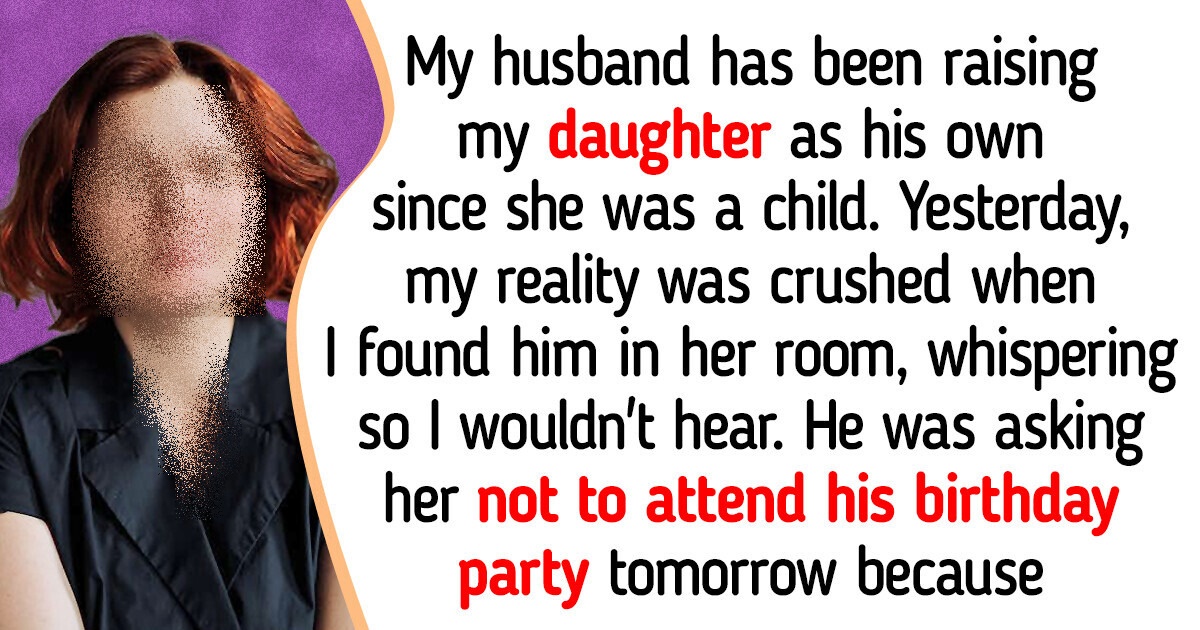A tragic event occurred in Arizona last week, where a 4-month-old infant succumbed to a heat-related illness while out on a boat. This heartbreaking incident happened amidst a daunting heat wave currently sweeping through multiple states, affecting millions of people.

The baby, who remains unnamed by the authorities, was found unconscious on a boat in Lake Havasu on July 5. The child was immediately transported to a local hospital, and later airlifted to Phoenix Children’s Hospital where, despite all efforts, the baby passed away.

The local sheriff’s office has confirmed that the investigation into this tragic death is still ongoing.
A GoFundMe page set up for the family describes the heart-wrenching sequence of events. The family was enjoying a day on the lake when the infant lost consciousness, leading to immediate CPR attempts by family members and intervention by the Lake Havasu City Fire Department. Unfortunately, despite being airlifted to Phoenix Children’s Hospital, the infant could not be revived.

The temperatures in the Lake Havasu area have soared over the past week, reaching as high as a blistering 120 degrees Fahrenheit.
As the summer heat ramps up, it’s critical for all parents and guardians to be vigilant about their children’s safety during extreme weather conditions. The American Academy of Pediatrics (AAP) offers essential tips and guidelines to help prevent heat-related illnesses in children.
Firstly, it’s vital to understand that children are more vulnerable to extreme heat than adults because their bodies are not as effective at regulating temperature. This means they are at higher risk for heat exhaustion, heat cramps, and heat stroke.
Symptoms of heat-related illnesses can be alarming and include faintness, severe fatigue, intense thirst, headaches, fever, nausea, vomiting, hyperventilation, and numbness or tingling of the skin. If you notice any of these symptoms, it’s crucial to take immediate action.
To keep your kids safe, prioritize keeping them in cool, indoor environments during peak heat times. Make sure they stay well-hydrated and wear light, breathable clothing. Also, make certain they get plenty of rest, as tiredness can make them more susceptible to heat-related issues.

How to keep you and your family safe in a heat wave
Remember, no outing or activity is worth risking the health and safety of your child. As the extreme heat continues to affect large parts of the U.S., let’s all stay extra cautious and informed to prevent further tragedies.





